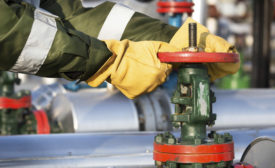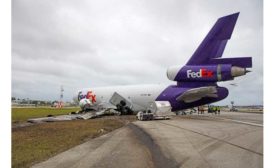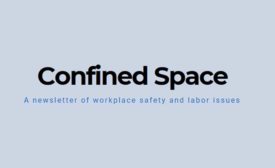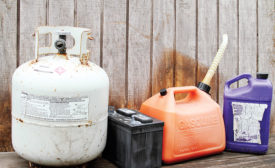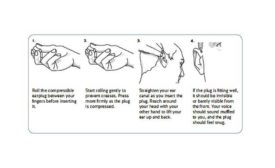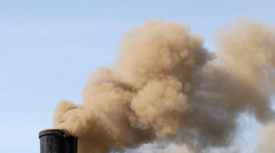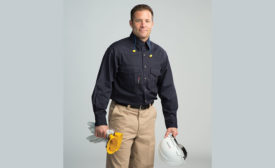Featured on Home Page
Survey your waste streams for correct disposal methods
Why can’t I just throw it away?
August 28, 2018
Want a sustainable safety culture?
Audit these 11 operational discipline essentials
August 23, 2018
Become a Leader in Safety Culture
Build your knowledge with ISHN, covering key safety, health and industrial hygiene news, products, and trends.
JOIN TODAYCopyright ©2025. All Rights Reserved BNP Media.
Design, CMS, Hosting & Web Development :: ePublishing
